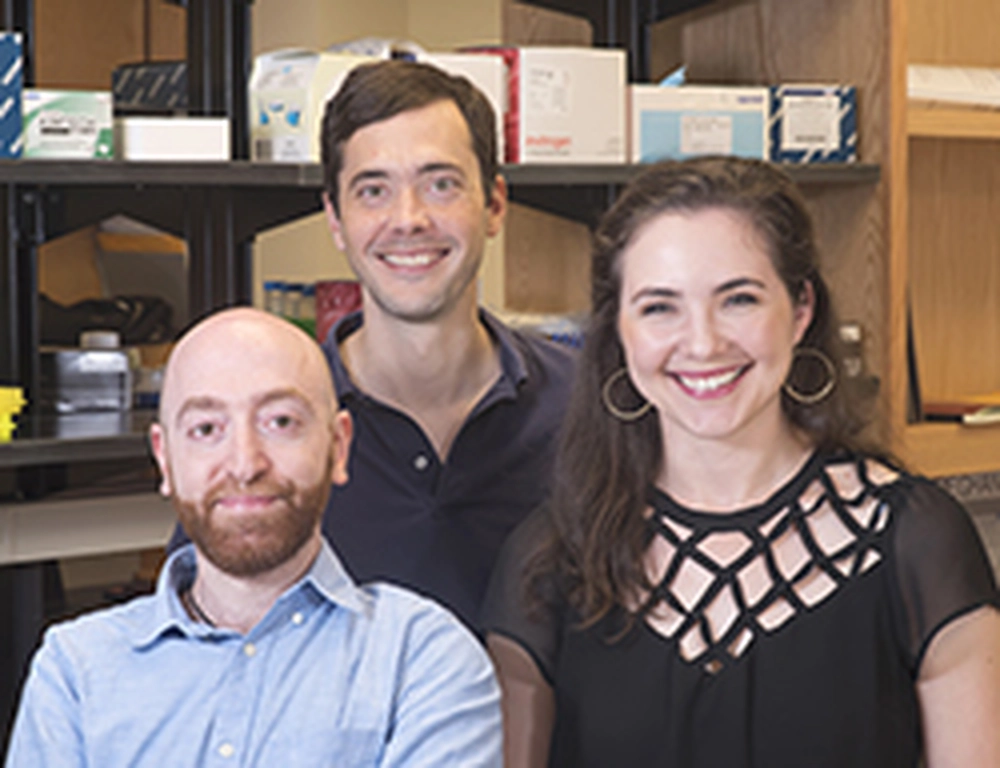
The Defense Advanced Research Projects Agency (DARPA) is funding the multi-investigator group focusing on eliminating influenza virus.
Rapidly mutating viral pathogens are a continuous biological threat to both public health and national security. Current preventive and therapeutic approaches, including vaccines and anti-viral drugs, are designed to target the virus in its original state at the time of discovery or diagnosis. This paradigm of “static” therapeutics and preventives requires repeated and time-consuming development, manufacturing, and testing, resulting in major health response gaps, economic burden, and limited capability to address newly emerging biothreats.
The overall goal of this program is to develop a new class of antiviral therapeutics that can evolve along with the target virus to minimize the potential for evolved resistance, the biggest problem facing current antiviral drugs.
Brooke is part of a multi-investigator group that is attempting to develop a therapeutic interfering particle (TIP) capable of controlling influenza virus. Their approach is based on defining the collective interactions that exist within influenza virus populations, and using this knowledge to engineer virus-derived agents that can exploit these collective interactions to eliminate the virus. The team brings together experimental virology with mathematics, evolutionary and ecological theory, and a number of other new technologies.
Brooke’s lab will lead the experimental part of the team to identify derivatives of influenza virus that can be introduced into influenza virus populations and precipitate their collapse. The lab hopes to contribute to the development of a new therapeutic approach that will aid in efforts to combat influenza virus. The project will generate useful information about how influenza viruses replicate and evolve regardless of the outcome.